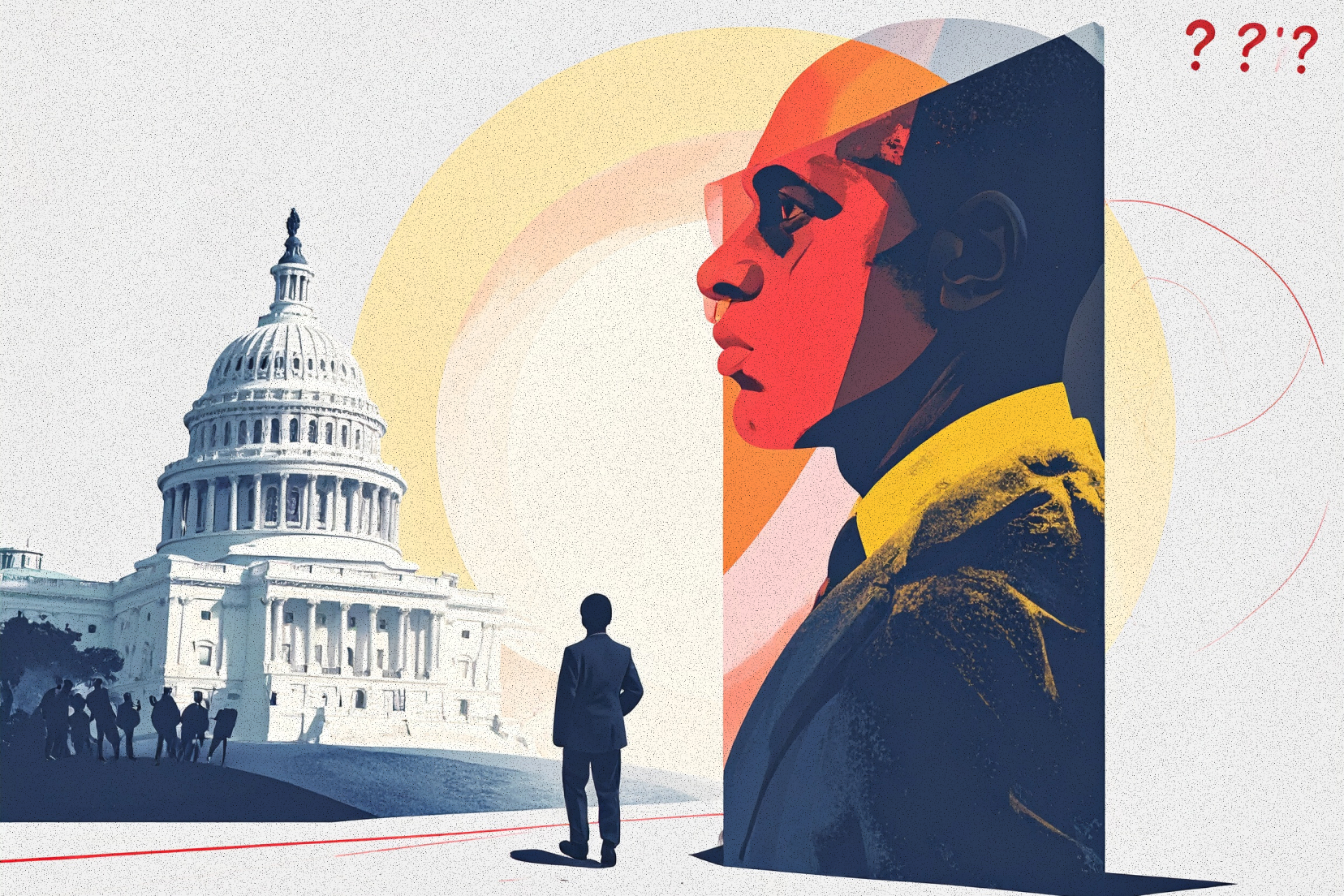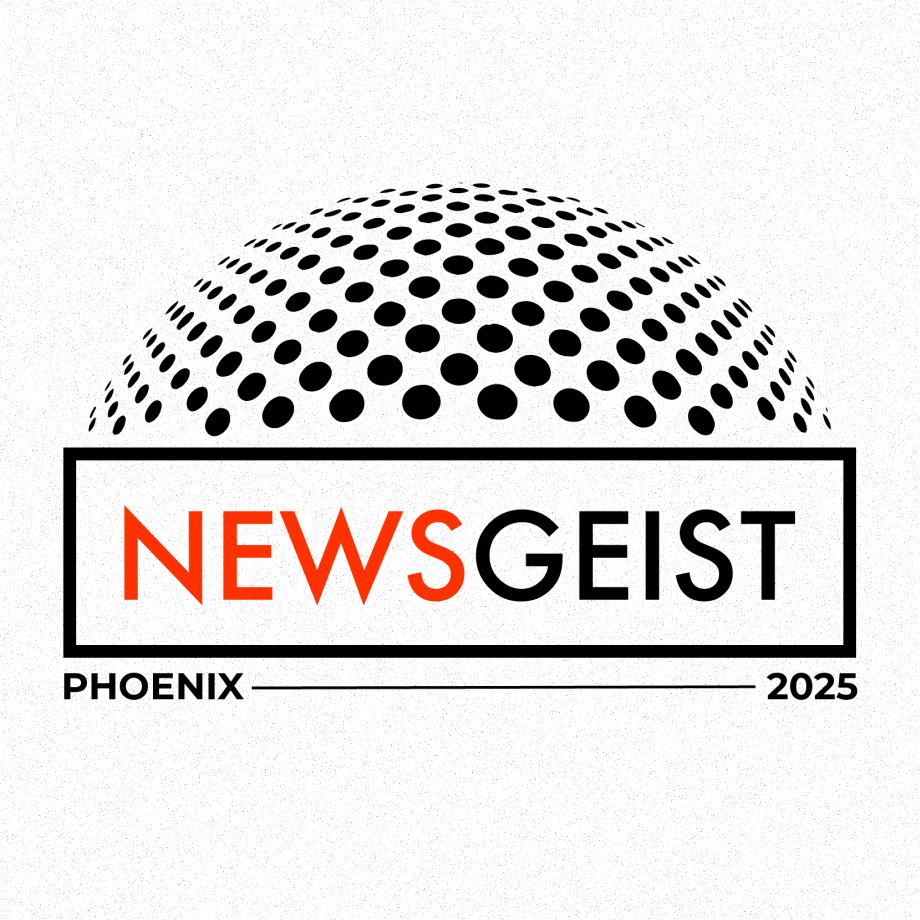WASHINGTON, DC – A new study from the Center for News, Technology & Innovation (CNTI) finds that the majority of “fake news” legislative proposals put forth as a way of curbing disinformation may actually endanger press freedoms around the world. The study of 32 policies in 31 countries finds that unclear definitions of “fake” or “false” news often give governments increased power – intentionally or unintentionally – to censor voices, restrict press freedom and reduce the public’s open access to fact-based news.
“With a record-breaking number of national elections around the globe this year, discussions about ways to curb disinformation are critical, but must also be fully thought-through,” says Amy Mitchell, Executive Director of the Center for News, Technology & Innovation. “Even in democratic countries, legislation without clear definitions can create opportunities for government press control and harm citizens’ ability to make informed decisions – now or in the future.”
The study analyzed definitional language in 32 “fake news” policies proposed or enacted in 31 countries between 2020 to 2023. Eleven of the countries have elections scheduled for 2024. Key discoveries include:
- “Fake” or “false” news is explicitly defined in less than 25% (7 total) of these pieces of legislation, leaving them open to interpretation by whomever has given that authority.
- 14 of the 32 policies clearly designate the government with the authority to decide what is or is not “fake news.” The remaining 18 policies provide either vague or no language about who has that control, ceding it to the government by default. Putting this power in the hands of the government — whether explicitly or by default — introduces greater risk of governmental press and message control.
- Definitional issues and a lack of clarity are found in legislation from both autocratic and democratic regimes. Of the 31 countries studied, 19 are autocratic and 12 are democracies.
- Criminal penalties for the publication of “fake news” vary dramatically, from fines to suspension of publications to imprisonment. Among the 27 policies with clearly noted penalties, ~75% (20 policies) include imprisonment, ranging from less than one month in Lesotho to up to 20 years in Zimbabwe.
A majority of the countries examined in the study are considered autocracies, and more than half rank in the bottom of the Reporters Without Borders Press Freedom Index. These findings indicate a majority of these policies may not be intended to promote democratic values like an independent press or free expression.
When considering policy development to curb disinformation, CNTI lays out 5 key questions to guide a careful and deliberate approach:
- Are legislative policy or other non-governmental methods the best approach to address disinformation?Alternative options may include human rights or information risk assessments, content moderation or data sharing on digital platforms, news and media literacy initiatives or other related efforts.
- Are specific, independent oversight of these definitions included in policy? This can be designated via self-regulatory bodies or through independent government agencies designed to protect against undue political influence.
- Are there clear adjudication processes for these definitions? Can journalists, news entities or civil society formally challenge definitional decisions by oversight bodies and if so, how?
- Who is the subject of the policy? Who would be liable? Solely individuals? Publishers? Platforms? Some combination based on the circumstances? While complex, it is important to fully consider who the law would implicate and why.
- What potential future and global implications might emerge? These decisions have global consequences, as policies in one country inherently impact those in others. And, as new technologies for disinformation and digital manipulation emerge, new tactics for addressing them may be necessary.
This study is the first report in a series of work CNTI will be doing around how journalism and news are defined in today’s global, digital news environment. “At the same time that we’re having more policy discussions related to journalism and news in our digital environment, it is getting harder to put solid borders around what news and journalism entail,” said Mitchell. “Sorting that out matters, which is why it is at the center of CNTI’s focus for 2024.”
About the Center for News, Technology and Innovation: The Center for News, Technology & Innovation (CNTI), an independent global policy research center, seeks to encourage independent, sustainable media, maintain an open internet and foster informed public policy conversations. CNTI’s cross-industry convenings espouse evidence-based, thoughtful but challenging conversations about the issue at hand, with an eye toward feasible steps forward. The Center for News, Technology & Innovation is a project of the Foundation for Technology, News & Public Affairs. Learn more at https://cnti.org/.
Contact: media@innovating.news
Share



